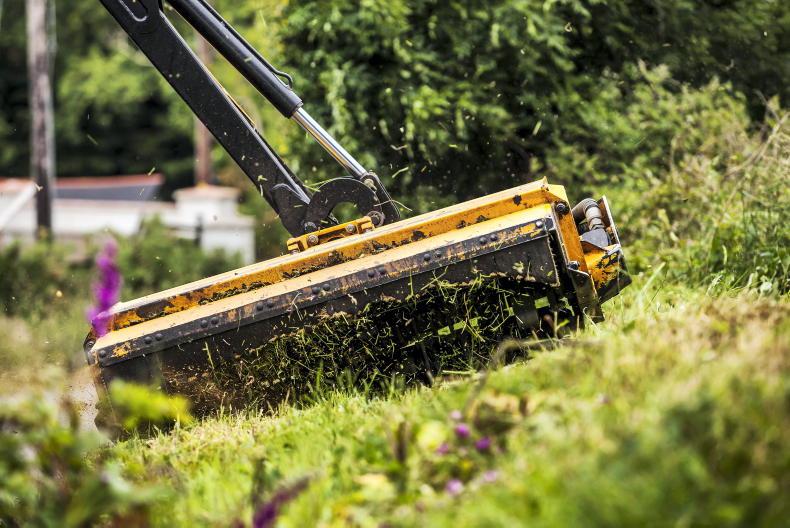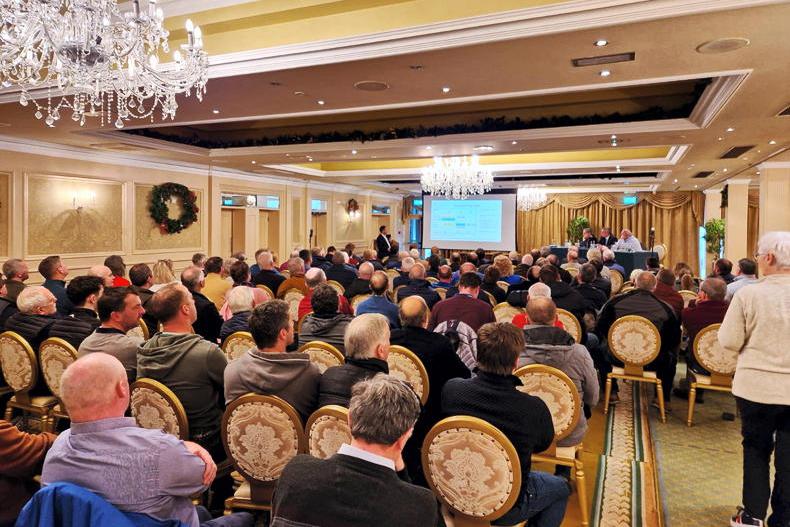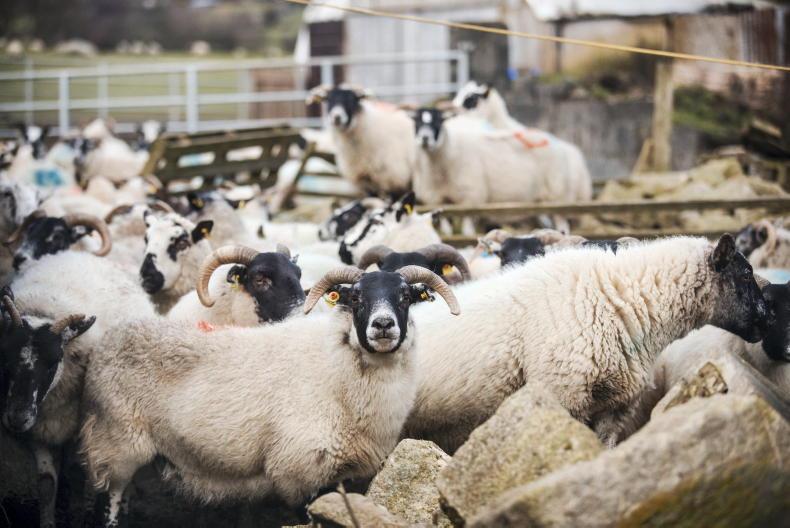A pilot rhododendron eradication project in the Bundorragha River catchment in southwest Mayo has been launched.
Minister of State for heritage Malcolm Noonan and Minister of State with responsibility for community development and charities Joe O’Brien launched the scheme at Delphi, Co Mayo, on Friday.
The non-native invasive species rhododendron presents an ongoing threat to the Irish natural environment and its eradication presents a significant national challenge, according to the Department of Heritage.
Action plan
The project was conceived by local landowners and will develop and demonstrate a community-led rhododendron control programme at the catchment level.
It will produce an action plan including best practice guidelines for communities and local authorities.
The project will work with a range of stakeholders to develop and test best-practice methods for treating rhododendron at different densities and maturity, and provide recommendations for upscaling in other rhododendron infestation sites.
The project is funded by the National Parks and Wildlife Services (NPWS) in the Department of Housing, Local Government and Heritage through the LIFE IP Wild Atlantic Nature programme.
It will be co-ordinated by Leenane Development Association, which appointed a local ecologist, Conor Ryan, to oversee the delivery of the project.
Local farmer Martin Gavin acts as lead co-ordinator on behalf of Leenane Development Association.
Many of the farmers taking part in this project are also participants in the Pearl Mussel Project EIP.
Rural Social Scheme
The South West Mayo Development Company is also involved in the steering committee for this project and will be examining the ways in which the Rural Social Scheme (RSS) can tie in with nature conservation projects such as this.
The RSS provides a supplementary income for low-income farmers and fishermen who are unable to earn an adequate living and is run by the Department of Social Protection.
According to Leenane’s Martin Gavin, living and farming in Bundorragha makes you realise that you have inherited a legacy of a pristine landscape that is home to the best population of the freshwater pearl mussel in Europe.
“With the arrival of the Pearl Mussel Project EIP, it meant, for the first time, we had the expertise on the ground to show us what we were doing right and what we could do to help enhance the quality of the vegetation and water that is so important for the protection of this very rare species, which lives for up to 120 years.
“One of the biggest threats to the freshwater pearl mussel is the invasive species rhododendron, as it could squeeze out the native upland vegetation in the catchment.
“When rhododendron was first introduced into the area, little did anyone know how ideal the conditions were for it to really start to become a major problem.
"Therefore, it’s really exciting that we have secured funding via LIFE IP Wild Atlantic Nature to put a programme in place that will hopefully eventually lead to the eradication of rhododendron in the whole Bundorragha River catchment area.”
Local programmes
Minister Noonan said working closely with farmers and local communities is essential to addressing environmental concerns.
“Locally-adapted conservation programmes such as this have the potential to benefit local communities and the environment.
“We can increasingly see the benefits of adopting multi-actor and multi-disciplinary approaches for dealing with complex environmental problems.
"This project epitomises this approach by bringing together all relevant stakeholders in the management of rhododendron.
“That the project is conceived and driven by local farmers increases its chance of success.”
Minister O’Brien said that RSS participants are central to this important environmental project.
“The Rural Social Scheme is more than just an income support – it is a social inclusion and community development programme too,” he said.










SHARING OPTIONS